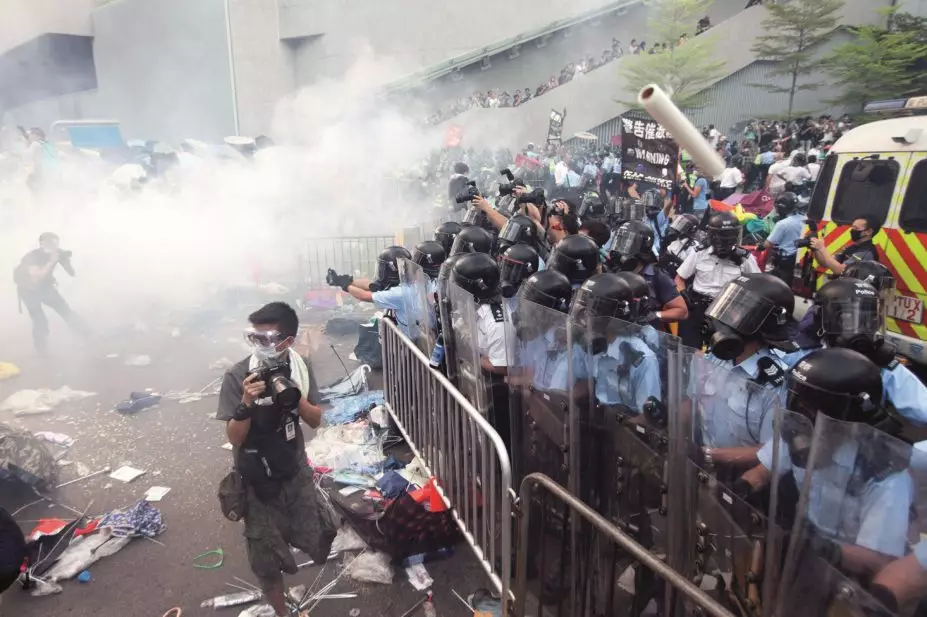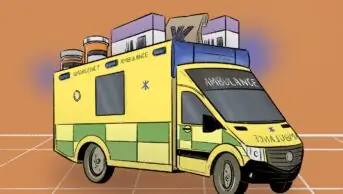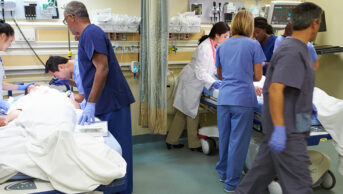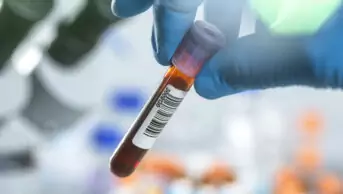
epa european pressphoto agency b.v. / Alamy
Pharmacists in Hong Kong have asked the police to stop using tear gas in public areas, following days of pro-democracy protests. Dubbed the ‘umbrella revolution’, protesters are angered by the Chinese government’s decision to vet candidates for the leadership election in Hong Kong scheduled for 2017.
The Pharmaceutical Society of Hong Kong (PSHK) and the Hong Kong Pharmacists Union (HKPU) have each issued an open letter to the leader of Hong Kong, Chun-Ying Leung, calling for the police to stop using tear gas and pepper spray because of the risks to vulnerable members of the public and tourists. The PSHK is the professional body for pharmacists in Hong Kong established in 1949, while the HKPU is a new organisation, created in 2014.
Chemicals in tear gas are designed to irritate mucous membranes, often containing either ω-chloroacetophenone or o-chlorobenzylidenemalononitrile. Protesters have been using umbrellas to shield themselves from the chemicals which have been used by the police to disperse the crowds, despite the protests being largely peaceful, according to reports.
The HKPU highlights that “in other countries, tear gas agents are reserved for use as a last resort by law enforcement agencies, only in situations of active riots where violent activities conducted by protesters are uncontrolled by all other less harmful and reasonable means rather than a first-line tactic to disperse crowds in public areas”.
It adds that “the use of irritating chemicals found in tear gas and pepper spray may cause health hazards [that could] harm many innocent people as well as unprepared protesters”.
In the letter from PSHK, the organisation warns that prolonged exposure to either tear gas or pepper spray can cause respiratory arrest and at particular risk are people suffering from respiratory conditions such as asthma. The effects can also be long-lasting; PSHK cites evidence from two recent studies on the use of tear gas on demonstrators in Turkey, which shows that 80% of protesters reported lasting cough, with this figure rising to 89% of people who lived and worked near the protests.
Pharmacists, pharmacy students, doctors and nurses are working in first aid stations in Hong Kong, according to Phoebe Chan, a pharmacist in Hong Kong. She told The Pharmaceutical Journal that community pharmacists have also been “stretching their role” to supply emergency medicines, including bronchodilators such as Ventolin (salbutamol), analgesics and saline solutions for washing eyes and wounds of those affected by the use of chemicals. Some pharmacists are also offering bottled water free of charge to the protesters, she says.
In both the letters, the pharmacists warn that children, pregnant women and those who are ill or elderly are vulnerable and the PSHK urges the police not “to use tear gas and pepper spray indiscriminately”.
Hong Kong was handed back to China in 1997 by the UK and has since operated a ‘one country two systems’ rule, which promised the people of Hong Kong a high degree of autonomy. Since 28 September 2014, thousands of protesters have taken to the streets to demonstrate against the interference of the Chinese government in the election of a leader of Hong Kong after China announced it would vet candidates before the next election in 2017. Protesters have called for free elections and have issued an ultimatum to the current leader of Hong Kong, Chun-Ying Leung, who is backed by Beijing, asking him to step down on 2 October 2014. The Chinese government has declared the protests illegal.


